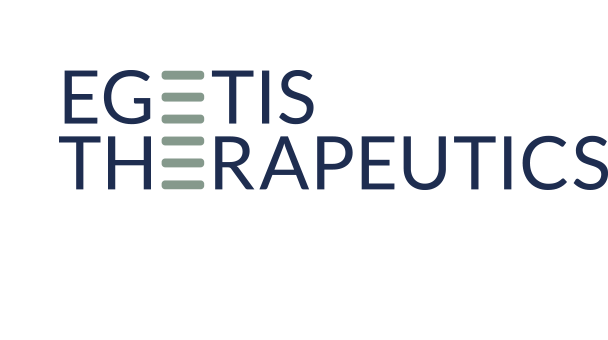Egetis receives positive CHMP opinion for Emcitate® (tiratricol) for the treatment of MCT8 deficiency
December 12, 2024
Stockholm, Sweden, December 12, 2024. Egetis Therapeutics AB (publ) (Nasdaq Stockholm: EGTX) today announced that the Committee for Medicinal Products for Human Use (CHMP) of the European Medicines Agency (EMA) has adopted a positive opinion for Emcitate® (tiratricol) for “The treatment of MCT8 deficiency”. The European Commission, which grants central marketing authorizations in the European Union (EU), will review the CHMP recommendation and is expected to make a final decision within 67 days. If approved, tiratricol will become the first approved drug which addresses MCT8 deficiency.
Nicklas Westerholm, CEO of Egetis Therapeutics, said: “I would like to thank all patients, parents, caregivers and investigators who have taken part in the comprehensive development program for tiratricol (Emcitate®) over the years. I’m also grateful to all Egetis employees and collaborators for their dedicated and hard work to bring this new therapy to MCT8 deficiency patients in the EU.
“This is the single most important milestone in Egetis’ history and a major step forward in building a sustainable rare disease company. We look forward to launching tiratricol in the EU pending the European Commission grants the marketing authorization.”
Monocarboxylate transporter 8 (MCT8) deficiency is caused by mutations in the gene for MCT8. The resulting dysfunction of MCT8 leads to impaired transport of thyroid hormone into certain cells and across the blood-brain-barrier and disruption of normal thyroid hormone regulation. Patients with MCT8 deficiency therefore have low concentrations of thyroid hormone in the central nervous system and increased concentrations of active thyroid hormone T3 in peripheral tissues. This leads to a complex pattern of symptoms with neurological developmental delay and intellectual disability. The elevated circulating thyroid hormone T3 concentrations are harmful for tissues not dependent on MCT8 for thyroid hormone transport, including the heart, muscle, liver and kidney and results in symptoms such as failure to thrive, cardiovascular stress, insomnia and muscle wasting. The consequence of the chronic thyrotoxicosis is considered to contribute to the increased mortality and shortened life expectancy observed in this patient group, with a median life expectancy of 35 years (Groeneweg et al. 2020). At present there is no approved therapy available for the treatment of MCT8 deficiency.
The Marketing Authorisation Application for tiratricol is primarily based on results from Triac Trial I (NCT02060474; Groeneweg et al. 2019) supported by the real-world, retrospective data collected in the Erasmus Medical Center (EMC) cohort study (van Geest et al. 2022).
Triac Trial I was a study in 46 patients primarily aimed to evaluate the effects of 12 months treatment with tiratricol on the concentrations of serum T3 and on the peripheral symptoms of thyrotoxicosis in MCT8 deficiency. Results in Triac Trial I showed that treatment with tiratricol could normalize T3 levels, leading to the expected improvements in clinical manifestations of thyrotoxicosis and improvements in MCT8-related caregiver reported outcomes.
The EMC cohort study was a real-world follow-up study of long-term efficacy and safety in 67 patients. The EMC cohort study showed that key features of MCT8 deficiency were sustainably (up to 6 years) alleviated in patients across all ages, highlighting the real-life potential of tiratricol for MCT8 deficiency.
The full indication is: “Emcitate is indicated for the treatment of peripheral thyrotoxicosis in patients with MCT8 deficiency (Allan-Herndon-Dudley Syndrome), from birth.” The marketing authorization of tiratricol would be valid in all 27 EU member states, as well as in Iceland, Liechtenstein, and Norway. Egetis is conducting a pivotal, randomized, placebo-controlled study (ReTRIACt, NCT05579327) in patients with MCT8 deficiency to support the submission of a New Drug Application (NDA) in the USA.
References:
Groeneweg, S. et al. Lancet Diabetes Endocrinol 2019; 7: 695–706
Groeneweg, S. et al. Lancet Diabetes Endocrinol 2020; 8: 594–605
Van Geest, F. S. et al. J Clin Endocrinol Metabol 2022;107: e1136–e1147
For further information, please contact:
Nicklas Westerholm, CEO
+46 (0) 733 542 062
[email protected]
Karl Hård, Head of Investor Relations & Business Development
+44 (0) 7500 525 084
[email protected]

